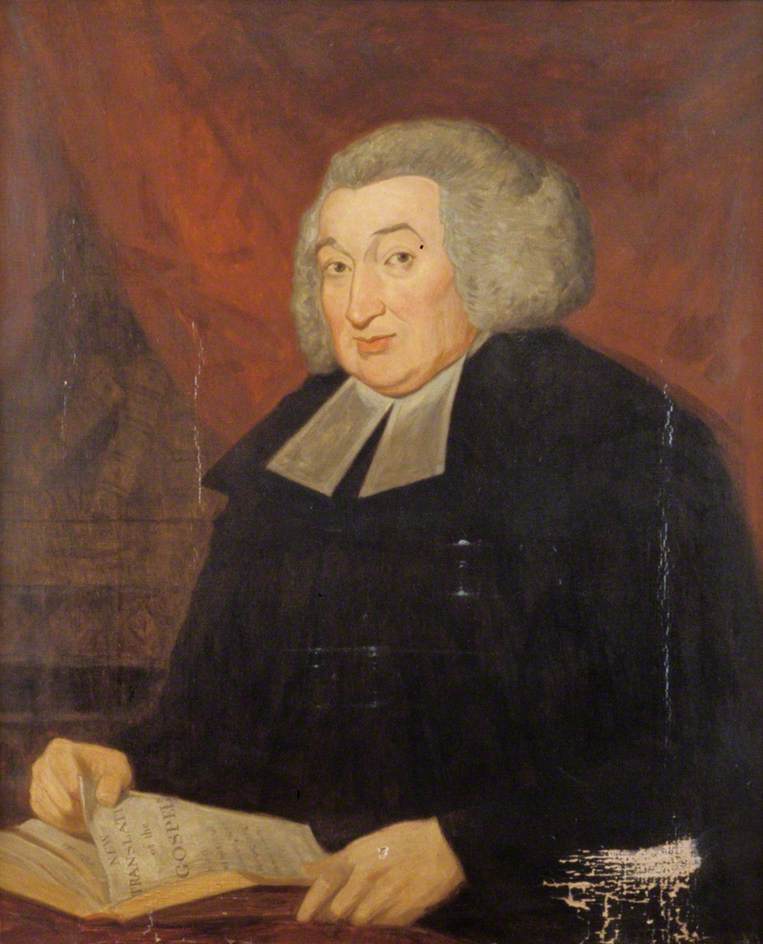I have also observed, and fought against, the tendency in the present day to discard all moral reasoning, and to encourage the practice of making one’s opinions on all moral and religious questions a matter of taste. A person who was conversing with one of my daughters said once: “Oh, you had that from your father; I remember it in some of his works.” “Perhaps so; but I have given you my reasons for it; and if it is true, and the proof of it sufficient, it has a claim to reception on its own account.” “Oh, your father is an eminent man in his own way; but I prefer different views.”
All this I consider as characteristic of the age. Men did indeed formerly reason on little and ill; but they professed and attempted to reason; they sought, if they did not always find, some rational ground for their conclusions; and though no doubt often biased by their feelings, they did not, as now, avow and glory in this. The evidences of Christianity again were contemned; but it was by avowed unbelievers; not, as now, by persons professing a veneration for Christianity, and even a belief in it. In short, it is an age not particularly perhaps of disobedience to logic, but of open rebellion against it. So I have unfurled my standard, and mustered a respectable minority.
Elizabeth Jane Whately, ed., Life and Correspondence of Richard Whately, D.D., Late Archbishop of Dublin, vol. 2 (London: Longmans, Green, and Co., 1866), p. 156.




